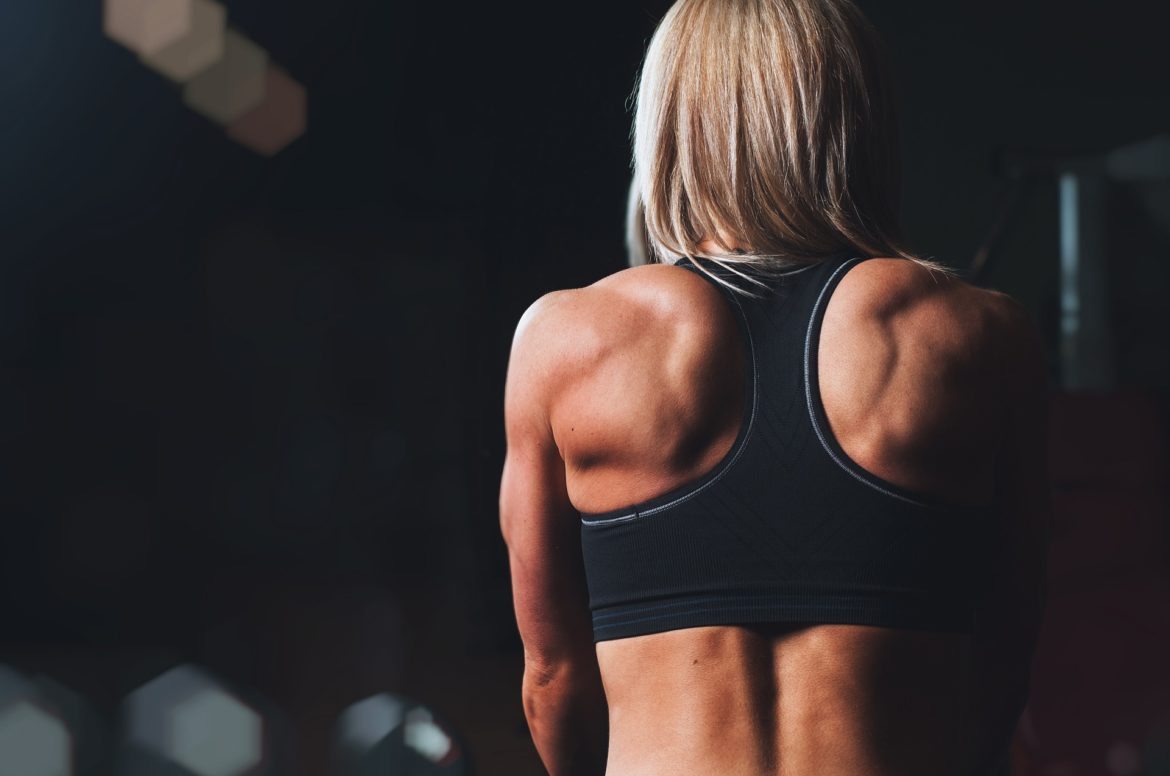I’ve never been very interested in professional sports. Although I played competitive softball from my early childhood until my teen years, I’ve never become emotionally invested. It’s not for lack of trying. My dad is a huge sports fan; he can tell you literally everything there is to know about any sport, even those he supposedly doesn’t like very much. When I was a kid, we’d often watch the game together, and he would enthusiastically point out the star athletes and go over the plays with me, trying hard to get me to pay more than cursory attention. I enjoyed going to the stadium, mostly because of the excitement of the crowds, the music, and especially the food, but never the game itself. Despite my best efforts, when confronted with the subject of sports, at best I can conjure up a polite interest, which fizzles away quickly. This apathy has lasted into adulthood; I spend many a Sunday afternoon sitting on the corner of the couch, scrolling through my Facebook feed to kill time while my guests loudly cheer on their favorite team next to me.
To my surprise, I have recently found myself following the Ultimate Fighting Championship. I often read articles about female UFC fighters, keeping abreast of the rivalries, the drama, who is on top. I was watching when Holly Holm defeated Ronda Rousey by an epic knockout, and I talked about it for a week afterward. I was glued to the TV during the March championship match between Meisha Tate and Holly Holm, screaming as Tate submitted Holm in the final round. My husband commented on my uncharacteristic excitement after the fight, observing that I was really engaged rather than quietly playing with my phone as is my custom while watching football. He was right, and his comments made me wonder: what is it about these fights, and this sport, that is different from the others? It dawned on me that this is the first time I’ve ever seen any real attention paid to female athletes.
Sure, there have always been women in sports. We have the women’s NBA, tennis, volleyball and soccer. There are a few top athletes that get a lot of press, but by and large, people don’t seem very enthusiastic about women’s sports leagues. The lack of popularity means these women are also paid far less than their male counterparts. I’ve asked a few men why, and they complain that the WNBA games are too slow for them; they’re just not high-scoring enough to keep them watching. Mixed Martial Arts is different-women have been headlining fights instead of being relegated to the sidelines as they are in other sports. As a result, female MMA fighters are being taken seriously as athletes in a way that is unprecedented. On ESPN, groups of men talk at length about the fighting prowess of these women. Their fights are breaking records for ticket sales, as people clamor to see them fight. During the Tate-Holm match, the internet was exploding with enthusiasm. A quick read of the comments section on any news article about the fight showed thousands of people arguing over who is the better fighter, who was going to win, what this meant for the sport, and why. In short, they’re being treated like male athletes.
https://www.youtube.com/watch?v=SsHFjwgvLtQ
It hasn’t been this way until very recently. These women are pioneers, and they’ve had to work hard to reach this level of prominence. The 2009 match between Gina Carano and Cristiane “Cyborg” Justino marked the first main-event female fight in the United States, but failed to really propel female MMA into the spotlight. In 2012, UFC President Dana White made a major about-face on his earlier resistance to the possibility of a female UFC fighter when he signed Ronda Rousey as the first female in the organization. Women began appearing on the reality show, The Ultimate Fighter, and the ongoing rivalry between Meisha Tate and Ronda Rousey became a subject of national attention. Many people credit their rivalry as a major catalyst for the popularity of women’s MMA.
These female headline fights have been a huge financial success for the UFC, so they’re here to stay. Now that women’s mixed martial arts has become a mainstream attraction, it has changed the discussion surrounding women in sports as a whole. Athletes such as Ronda Rousey have become so famous and respected that fans have discussed the possibility of a fight between Rousey and boxer Floyd Mayweather. For a variety of reasons, a male-female fight will surely not happen any time in the foreseeable future, but the very fact that people are even considering it, rather than dismissing the possibility outright, is a huge milestone. Champion fighter Meisha Tate herself observed the change in opinions surrounding female fighters in an interview with the MMA Corner:
“Some of the biggest compliments that I’ve received are hearing parents tell me that I’m a role model for their child, or their daughter really looks up to me, or daughter wants to get into wrestling, or get into MMA, or they already are. They’re doing this and accomplishing that,” said Tate. “I think it’s so great that I’m a small part of inspiring our youth to go for it, and also opening parents’ minds to allow their daughters to do that, because even in just my generation there were a lot of girls that were like ‘I really want to wrestle, but my parents won’t let me because girls shouldn’t do that.’”
Tate’s comments struck a chord with me, as I realized that if female athletes had been this popular when I was a child, I might have a different view of sports. Children all want someone to look up to. As kids, we observed female scientists, doctors, lawyers, and police officers, so we knew that we could aspire to those roles as adults. As a young girl, grudgingly watching baseball and football with my father, I saw no such role models in sports. How could I drum up enthusiasm for the male athletes that dominated the screen, when I could never hope to emulate them? Women like Ronda Rousey, Meisha Tate, Holly Holm, and others, are inspiring a new generation of female children to grow up with different ideas about their possibilities as athletes. It may not happen now, or even a decade from now, but the popularity of women’s MMA will eventually have effects that reverberate through other sports, as they cause an increasing number of people to question their preconceived notions about female athletic capabilities. Until then, I’ll be eagerly awaiting the next fight.
 Rachel Eckhardt is an avid political enthusiast, litigation manager, military veteran, and creator of The Illusion of Choice, a blog covering American politics and current events. Follow Rachel on Facebook, or on Twitter at @illusionchoice1
Rachel Eckhardt is an avid political enthusiast, litigation manager, military veteran, and creator of The Illusion of Choice, a blog covering American politics and current events. Follow Rachel on Facebook, or on Twitter at @illusionchoice1

